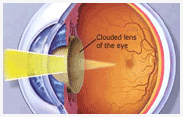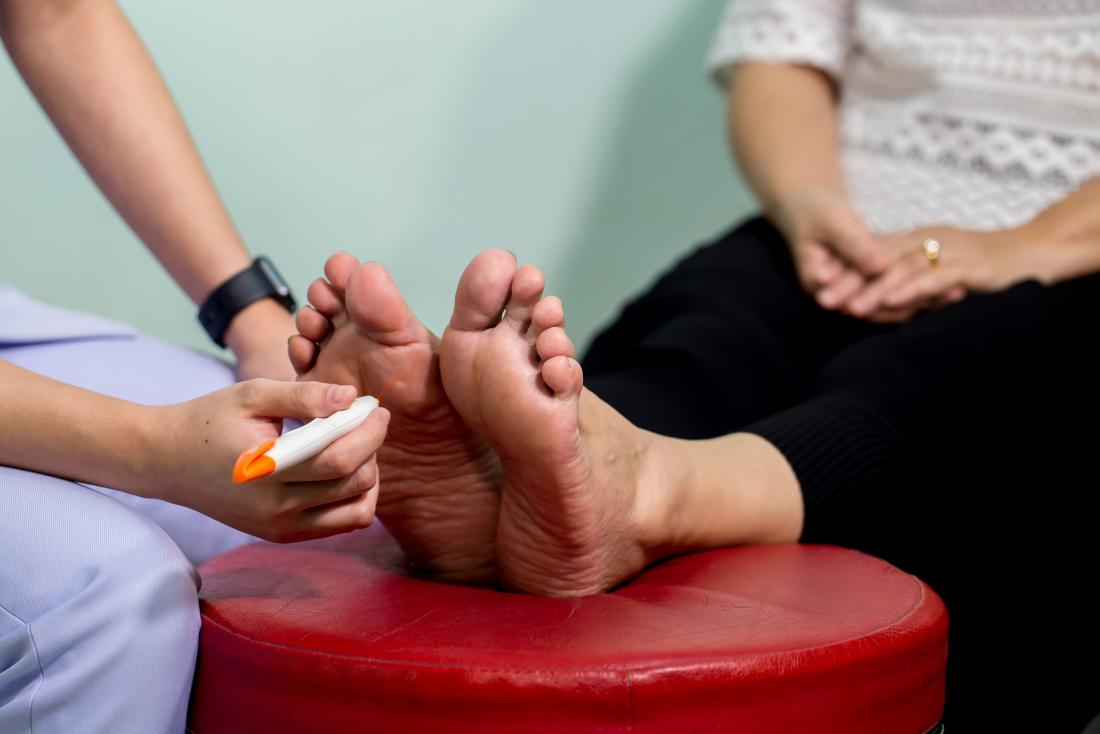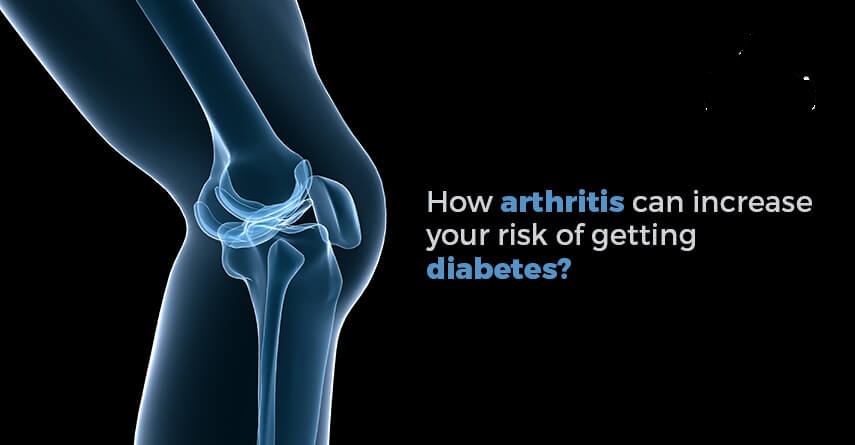
Science of Diabetes
Diabetes is a disease that occurs when your blood glucose, also called blood sugar, is too high. Insulin is a hormone made by the pancreas that helps glucose get into your cells to be used for energy. If you have diabetes, your body doesn’t make enough—or any—insulin, or doesn’t use insulin properly. Glucose then stays in your blood and doesn’t reach your cells. Diabetes raises the risk for damage to the eyes, kidneys, nerves, and heart. Diabetes is also linked to some types of cancer. Taking steps to prevent or manage diabetes may lower your risk of developing diabetes health problems.
- Success of managing Diabetes
- Quality of Care
- Satisfaction of Getting good glycemic control
- Happy to be wthout complication
- Infection Prevention with good deecne system of body
- Patient Education and Life stlye modification
+91- 9701249171
[email protected]
Do you have any question?

Explore Our Main Service

General Medicine
General Medicine is a speciality of medicine which is involved in the prevention, diagnosis, and treatment of a wide range of both acute and chronic diseases affecting different parts of the body. General medicine deals with different diseases from head to toe.

Diabetes Care
For many people with diabetes, checking their blood glucose level each day is an important way to manage their diabetes. Monitoring your blood glucose level is most important if you take insulin or Oral Hypoglycemic Medicines. The results of blood glucose monitoring can help you make decisions about food, physical activity, and medicines.

Orthopedicis
Orthopaedics (also called orthopaedic surgery) is the medical specialty that focuses on injuries and diseases of your body’s musculoskeletal system. This complex system, which includes your bones, joints, ligaments, tendons, muscles, and nerves, allows you to move, work, and be active.

Eye Care
If you have diabetes, you may not know there is any damage to your eyes until the problem is very bad. Your provider can catch problems early if you get regular eye exams. If your provider finds eye problems early, medicines and other treatments may help prevent them from getting worse.
Eye diseases that can affect people with diabetes include diabetic retinopathy, macular edema (which usually develops along with diabetic retinopathy), cataracts, and glaucoma. All can lead to vision loss, but early diagnosis and treatment can go a long way toward protecting your eyesight.

Neurology
Diabetic neuropathy most often damages nerves in the legs and feet. Depending on the affected nerves, diabetic neuropathy symptoms include pain and numbness in the legs, feet and hands. It can also cause problems with the digestive system, urinary tract, blood vessels and heart. Some people have mild symptoms.

Orthopaedics
Diabetes is linked to a variety of lower extremity orthopedic disorders and consequences, such as fractures, Charcot neuroarthropathy, plantar ulcers, and infection. In terms of morbidity, mortality, and socioeconomic consequences, these sequelae are of substantial clinical significance.
554
k554
kSaved hearts
554
k554
kExpert Doctors
554
k554
ksaved tooth
554
k554
kHappy Patients
Our Client Happy Say About Us
I have been showing my mother to Dr.Riyaz M for 8 years. Very Happy to find a doctor who talk to patient and explains all the things in detials and if any question are there, he tries to provide answers to it.

Saba Fatima
ITI was diagnosed as AITD – Hypothyriodism. I had got reference of Dr. Riyaz from my Family firend. Intial i was little reluct to discuss, but the doctor was polite and humble and he guided me with proper dosage of medication and i asked all my doubts about hypothyriodsim and life stlye modification

Mustafa
Medical StudentI was diagnsoed as Prediabetes and i was too tensed about it. I had taken consultation with Dr. Riyaz in 2012 for Prediabetes. He had given ample amount of time and explained me as i had no toher risk factor, Dietary modification and excerse would help me get down my sugar level. I followed his instruction and regularly checked my sugar levels, Since 11 years i am near normal iwth good glucose control without medication. I thank Dr Riyaz for properly guiding me and helping me in achieving good control of sugar levels

Shafi Ahmed Khan
Officer IncargeOur Workig Best Processs
Free consultation
Schedule date & time
Arrival to DentiCare
Follow up check
See Our Latest Blog
- esani
- 11 Comments
Get the Exercise Limited Mobility
It is a long established fact that a reader will be distracted by the readable content of a page when looking at its layout.
- esani
- 1 Comment
Stem Cell Transplantation in the Treatment of Type 1 Diabetes Mellitus
It is a long established fact that a reader will be distracted by the readable content of a page when looking at its layout.
- esani
- 0 Comments
Latest Equipment for the Heart Treatment
It is a long established fact that a reader will be distracted by the readable content of a page when looking at its layout.
- esani
- 0 Comments
What is Future of Blood Pressure Monitoring?
It is a long established fact that a reader will be distracted by the readable content of a page when looking at its layout.
- esani
- 0 Comments
Goals Setting the people Heart is Healthy
It is a long established fact that a reader will be distracted by the readable content of a page when looking at its layout.
- esani
- 0 Comments
For Examination of kids get Special offers
It is a long established fact that a reader will be distracted by the readable content of a page when looking at its layout.
- esani
- 0 Comments
Heart Failure Treatment: High Blood Pressure
It is a long established fact that a reader will be distracted by the readable content of a page when looking at its layout.
- esani
- 0 Comments
Hard content we decide ourselves a intently
It is a long established fact that a reader will be distracted by the readable content of a page when looking at its layout.
- esani
- 0 Comments
Is Running Really Good for the Heart?
It is a long established fact that a reader will be distracted by the readable content of a page when looking at its layout.









